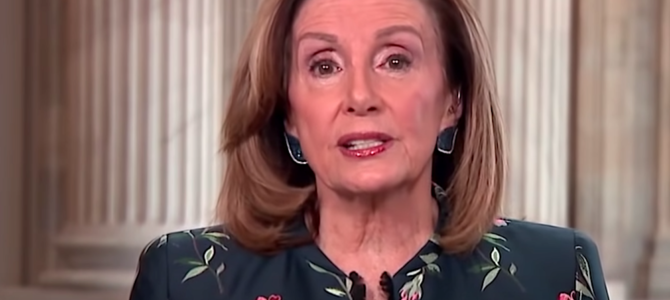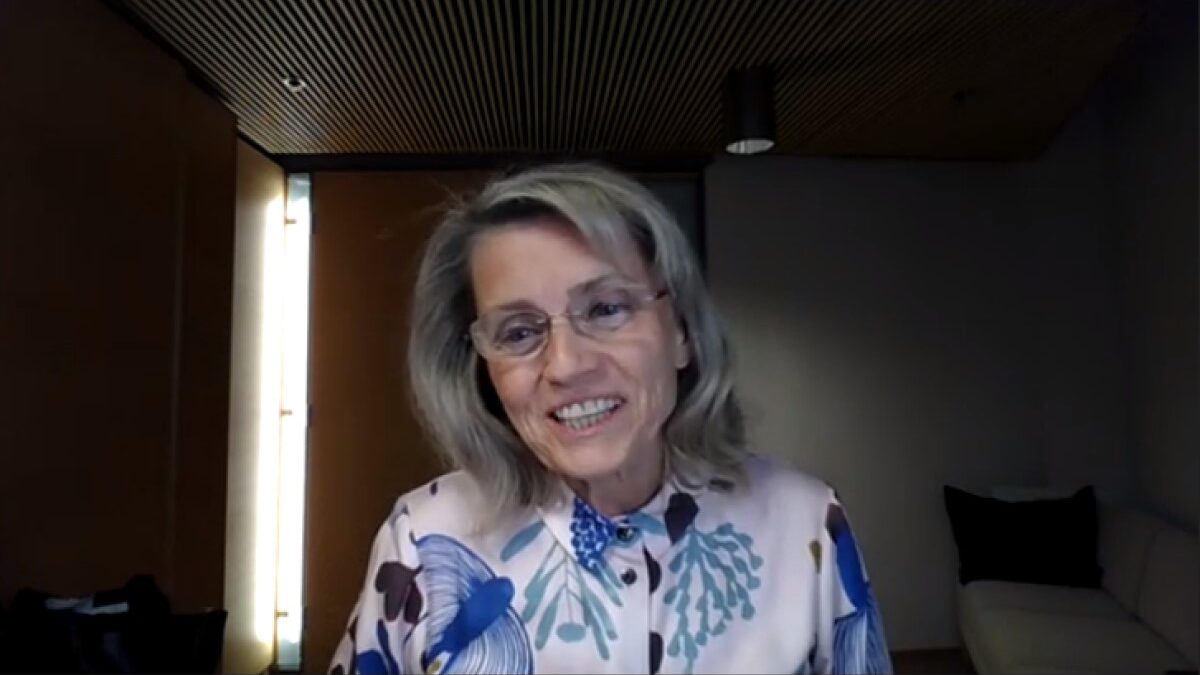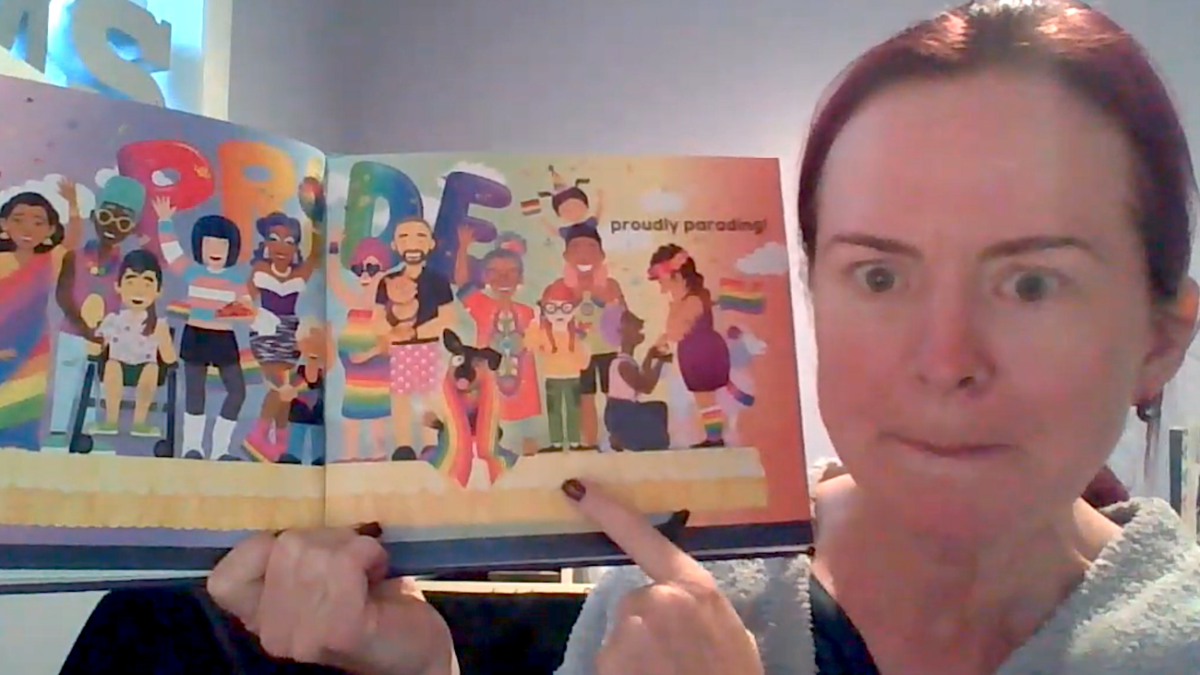When Speaker of the House Nancy Pelosi recently said, “People say around here sometimes, ‘I’m faith-oriented, so I don’t believe in science,’” she displayed a common habit among pundits and politicians on both the left and right: producing a caricature of, or simply trying to redefine, Christian belief and religious practice.
This is a greater assault upon Christianity than arbitrary actions, orders, and legislation. Much hay has already been made of the fact that coronavirus-related executive orders have granted more liberty to movie theaters and casinos than to churches. The greater problem is the presumption that lies behind most orders pertaining to churches: The ruling class presumes what religion is and what it should be. More specifically, they presume what Christianity is and should be.
In the course of recently telling religious leaders to “set an example,” Virginia Gov. Ralph Northam explained, “Worship with a mask on is still worship. Worship outside or worship online is still worship.” Here we find another politician moonlighting as a theologian. He tells us about the various contexts of worship, but nothing about worship itself and what contexts it might require.
Not to be left behind, the Wisconsin Department of Health Services offered this happy little plug for how we can stay safe during the holiday season: Be safe, avoid in-person gatherings for worship, and use alternatives. This whole line of thinking assumes that supposedly neutral government officials have some level of competency on religious matters when many people would even question their competency on governmental matters.
This proceeds from our public officials’ gross ignorance of religion and religious worldviews. They tell Christians what worship is and is not, as well as what justifies in-person participation. Do they not know that the sacrament of Communion, also called the Lord’s Supper, is celebrated by most of the 2.5 billion Christians in the world and that it is, by its very nature, an in-person proceeding?
At the same time, these officials are ignorant of their own religious worldview. For all the talk of government neutrality toward religion, these are clear instances of our ruling class trying to regulate public worship. They are offering their own papal-styled encyclicals concerning matters of supreme religious importance.
If we’ve learned anything from diplomatic blunders in Middle Eastern wars over the past 20 years, it is that it’s not a best practice to tell adherents of a particular religion that their thoughts are outdated because of advances in contemporary Western thought. For some reason, such overtures come across as particularly arrogant.
This gross ignorance of religion and religious worldview leads to both paternalism and hypocrisy, and the latter is particularly concerning. Prejudiced officials tell Christians how to avoid getting carried away with their prejudices, and it is only with the benevolent aid of their enlightened superiors that Christians can be kept safe from themselves. We have public officials at all levels dictating to people how they should “freely” express their religion.
We tolerate this, not only because we’re experiencing a public health crisis, but because we tend to detect the religious ambitions of only those who identify as religious and not those who would prefer to stamp out such religious sentiment. So we relent.
The vast realm of wisdom and conscience is quickly being invaded by those who would weaponize morality and dehumanize dissent. We have insisted on not having anything to do with religion, so we have made a religion out of most anything.
This draws us back to Pelosi’s comments about religious people and science. Her assessment is not the view of religious people, however, and especially not of Christians who value the things we discover through science as an expression of God’s general revelation. Rather, this is the speaker’s view of Christians and represents the general ignorance and contempt that many public officials have for us.
We cannot remedy this situation through a new era of culture wars, nor political strife. The problem here comes with the pantheistic spiritualization of our politics. The state must be the state without trying to coerce the religious conscience of its constituency, and the church must be the church by prioritizing the gospel to the glory of God rather than as a means to a political or social end.
The state cannot and should not answer religious questions, so the church should always be ready to give a reason for the hope that sustains it.









